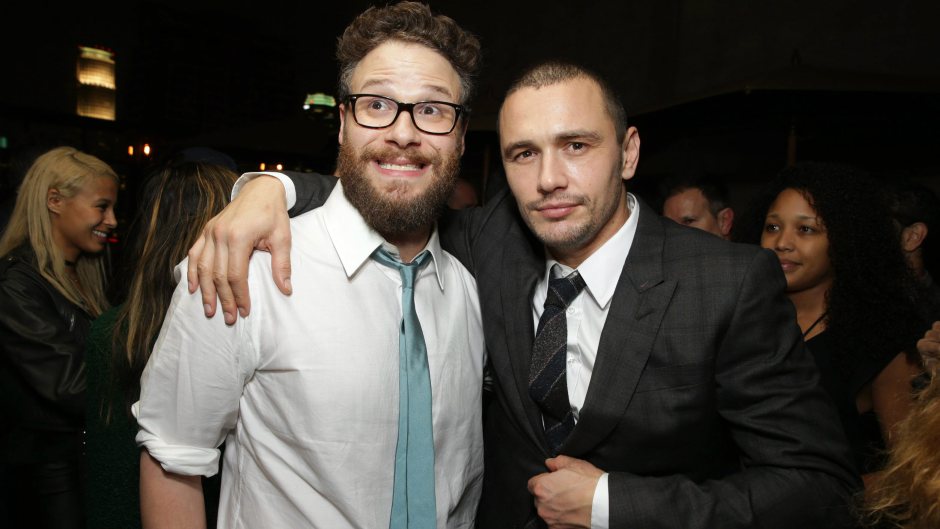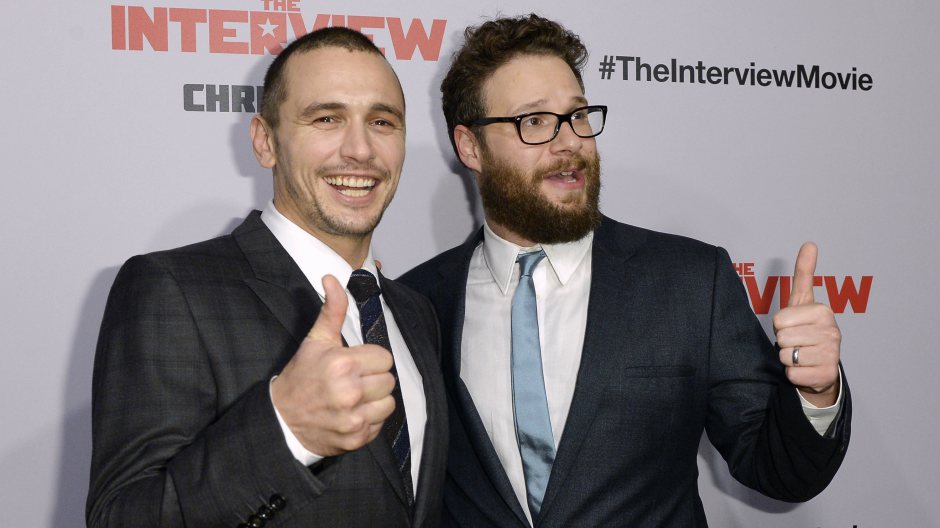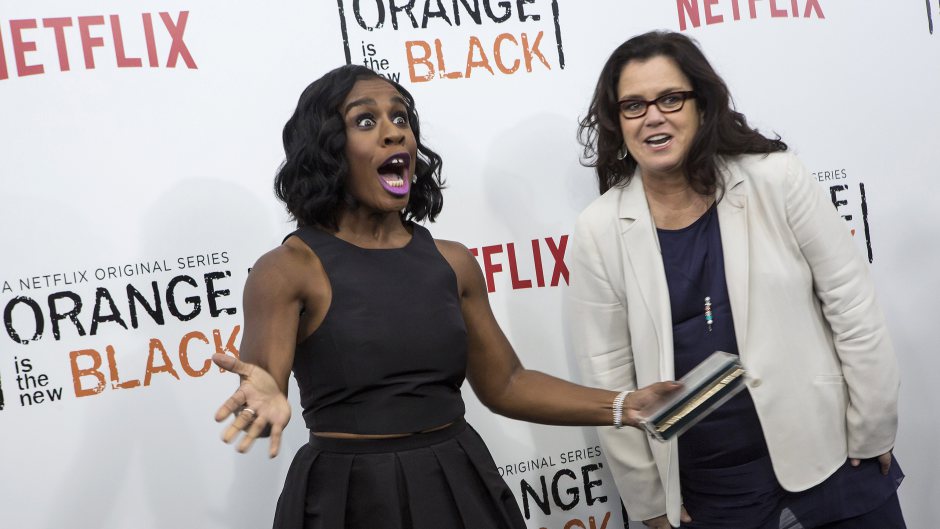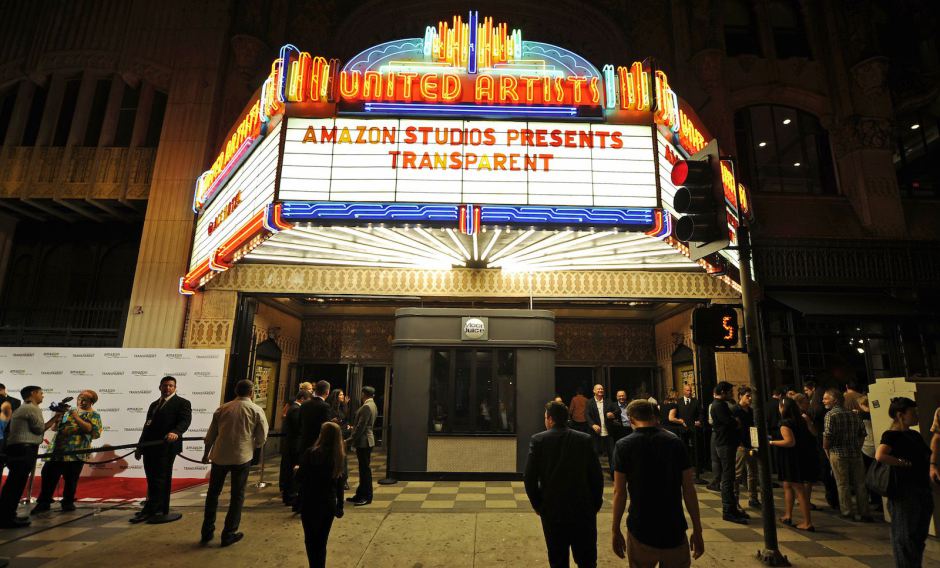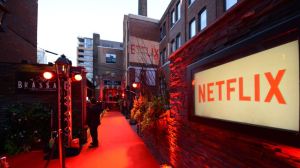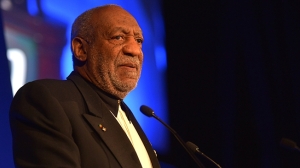
Nielsen has a lump of coal for the Christmas stockings of each network: it released new data today showing that consumers are continuing to move away from traditional TV viewing in favor of increased time-shifting, streaming video and sites like Netflix.
In its latest quarterly Total Audience Report, which examines viewing statistics among US audiences in the third quarter, Nielsen revealed that the average adult now spends 141:19 (all times in hours: minutes) per month watching traditional TV, down 5:42 from Q3 last year (147:01). Meanwhile, the time spent watching time-shifted TV has increased to 14:20, from 13:12 last year.
“While we are not seeing a departure from media content consumption, we do see a shift in consumer behavior and today we see a resounding growth in consumption on digital platforms,” wrote Dounia Turrill, Nielsen’s senior vice president of insights.
But the biggest growth in the past year was Internet video viewing, a category which includes Netflix and YouTube. That jumped just over four minutes per month, to 10:42 (from 6:41 in Q3 2013). Video consumption via smartphone was on the rise as well, increasing 21 minutes per month to 1:46 (from last year’s 1:25).
Nielsen also broke down how the average adult spends their day (all times in hours: minutes).
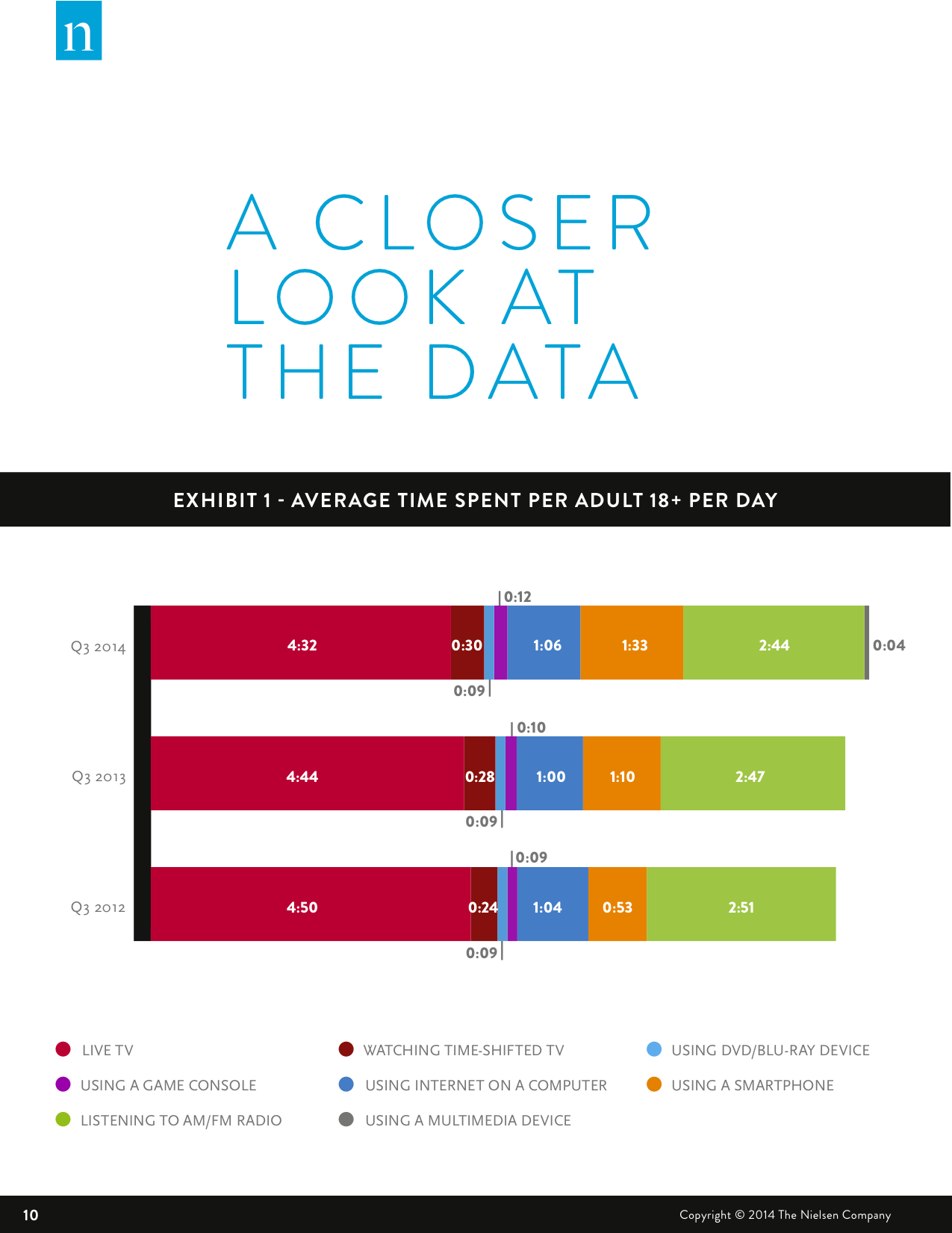
In total, adults now spend 10:50 per day engaging with some kind of media, up from 10:28 in Q3 2013 and 10:20 in Q3 2012. In other words, if you make the content, we will make the time to consume it.
Combined with this summer’s revelations about how we watch TV now and how we watch TV on the internet, these Nielsen statistics are the latest evidence of how rapidly our viewing habits have shifted.
“The growing penetration of new devices and the popularity of subscription- based streaming services, time-shifted and over-the-top viewing — as well as cord-cutting and cord shaving — are fundamentally changing the TV industry,” wrote Turrill.
So much, in fact, that Nielsen can’t keep up. “Media companies, digital players and measurement are at a crossroad,” wrote Turrill. “Content remains king and consumers are steering their own content discovery experience.”
